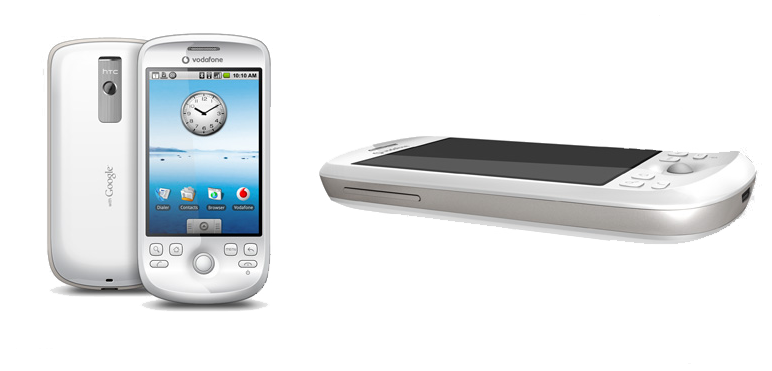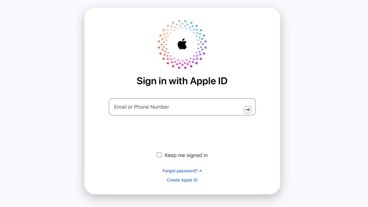First Android phone with iPhone-like virtual keyboard debuts
Due to turn up in Europe via Vodafone in the coming months, the Magic will be one of the first Android devices to run Google's Cupcake update, which provides a virtual keyboard as an alternative input method for phones with slide-out keyboards like the G1, and phones with no physical keyboard, like the new model.
"The HTC Magic embodies the compact style and sophistication for which HTC has come to be known, with the powerful and intuitive internet experience for which the Android platform was designed," said HTC president and chief executive Peter Chou. "We are proud of our partnership with Vodafone and excited about making the Android-powered HTC Magic available to Vodafone customers in Europe."
The handset will be a Vodafone exclusive in the U.K., Spain, Germany and France. It will be sold in Italy on a non-exclusive basis, but the identity of the alternative carriers has not been revealed.
Vodafone's enrollment in the Open Handset Alliance in late 2008 paved the way for the new phone, which lacks support for 3G in North America but could possibly be brought to the United States with EDGE on T-Mobile, as Electronista points out.
However, no plans for other countries aside from the five mentioned have actually been announced. Vodafone's U.K. website reports an April arrival date, and the carrier says it will be for sale in other markets it services "over the next few months."
The phone has a 3.2-inch HVGA touch screen display (slightly smaller than the iPhone's 3.5-inch) with accompanying trackball and navigation buttons. It also has a 3.2 megapixel camera with autofocus and video support. Users can send their recorded video through email or MMS and upload directly to YouTube from the device, according to HTC.
The handset maker is also claiming 6.7 hours talk time on WCDMA or 7.5 hours on GSM. Other technologies include an internal GPS antenna, a 528MHz Qualcomm processor, and expandable memory via a microSD card. The Magic has 192MB of RAM and 512MB of ROM. In terms of footprint, the hardware is just slightly more compact than the iPhone in height, width and depth, and about 0.5 ounces lighter.
However, as seen in the embedded Gizmodo video below, the Magic is clearly thicker than the iPhone, conflicting with stated dimensions claiming the opposite. This may reflect differences between the demo model and the final shipping product, which will have a slightly different button arrangement and, if HTC's specifications are to be believed, a thinner profile. As it stands today, the iPhone is the thinner device.
A partner in the design consultancy firm Fjord told the Wall Street Journal that he believes the Magic will be the first phone to challenge the iPhone in style.
"The first G1 wasn't principally bad, but it was more of a development platform for the operating system," said Christian Lindholm. "This one is more of a proper Android product."
According to initial hands-on observations by Gizmodo, the software keyboard "felt cramped" on the smaller screen, and the way each key press is flashed on the opposite side of the device is "extremely distracting." (For example, pressing the "O" key will cause the letter "O" to quickly appear and disappear near the "Q" and "W" keys on the opposite side.) HTC says this is to prevent your finger from covering up key press feedback. On the iPhone, Apple handles the problem by making key presses "pop up" above your finger.
Despite these qualms, the gadget and technology blog concluded the Magic's physical beauty alone will "make many customers put up with the less-than-ideal software keyboard."
Pricing details are fuzzy, but according to Engadget, the price tag in Spain will run from 99 to 199 Euro ($125 to $251), depending on the contract. Vodafone says the phone will come free with some plans.
Unfortunately for those frustrated with this aspect of the T-Mobile G1, the HTC Magic will not be offered with a standard headphone jack and will require the use of an adapter to plug in headphones or earbuds.
 Zach Spear
Zach Spear











 Mike Wuerthele
Mike Wuerthele

 Malcolm Owen
Malcolm Owen
 Chip Loder
Chip Loder

 William Gallagher
William Gallagher
 Christine McKee
Christine McKee
 Michael Stroup
Michael Stroup






